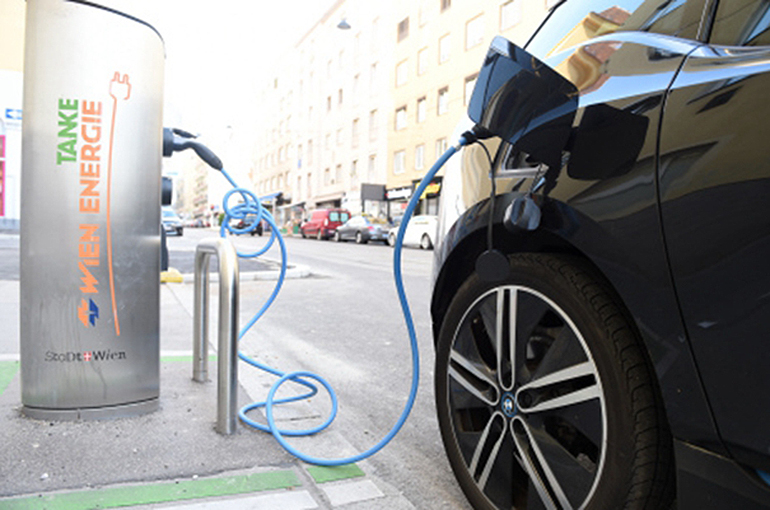 France Seeks More Chinese Investment in Electric Car, Battery Industries, Le Maire Says
France Seeks More Chinese Investment in Electric Car, Battery Industries, Le Maire Says(Yicai) Aug. 3 -- France’s finance minister said his country welcomes further Chinese investment especially in the areas of electric vehicles, batteries, and energy transition, according to an Associated Press report.
“We want China to make investments in France in EVs,” the report quoted Bruno Le Maire as saying during a state visit to China. “In the climate transition, there is a place for Chinese investment in France, which allows us to reinforce our economic relations and also speed up action against global warming.”
Le Maire arrived in Shenzhen in southern China on July 21 to meet with investors and business leaders, including Wang Chuanfu, chairman of electric carmaker BYD, and executives at battery materials supplier XTC New Energy Materials.
BYD is considering to build a plant in France, and XTC plans to invest EUR1.5 billion (USD1.6 billion) with France's Orano to set up a battery joint venture in Dunkirk.
Green and environmentally friendly new energy is one of the key areas for the China-France economic and investment partnership, Zhao Yongsheng, director of the French economy research center at the University of International Business and Economics, told Yicai.
“In the green, environmentally friendly new energy area, the European Union set a higher standard for both theory and action,” said Zhao, who is also a doctoral tutor at Sorbonne University. The size of China's new energy sector is large, and the country's productivity, decarbonization, and new energy development are strong, he noted.
France is the first European country to have introduced a policy to subsidize electric cars, effective from Jan. 1. EVs priced under EUR47,000 (USD51,420) are eligible for an allowance of EUR5,000 (USD5,470).
In the first quarter of the year, France's pure electric car sales jumped 49 percent to 64,859 units from a year ago. The EV penetration rate was 24.1 percent in the three months, up 25 percent from the same period last year.
French President Emmanuel Macron recently introduced France 2030, a EUR4 billion investment plan to develop EVs and hybrid EVs, aiming to produce two million by 2030.
European carmakers have focused on fuel vehicles for a long, so their transition to EVs will take some time, according to Li Xuan, a senior tech analyst at Haitong Securities. But Europe will rebuild the local supply chains for batteries, electric controls, and electric motors with government subsidies and the execution of the dual carbon goals, Li noted.
Editors: Shi Yi, Futura Costaglione